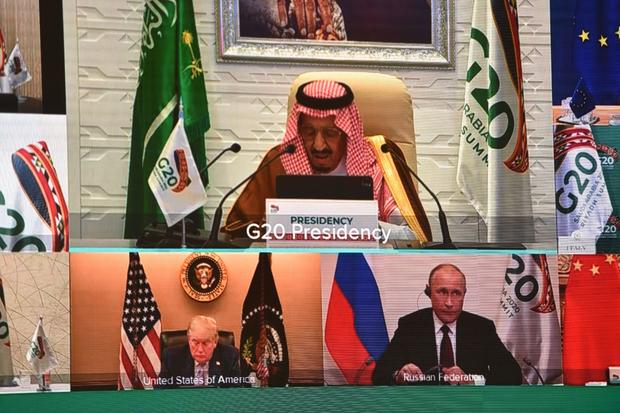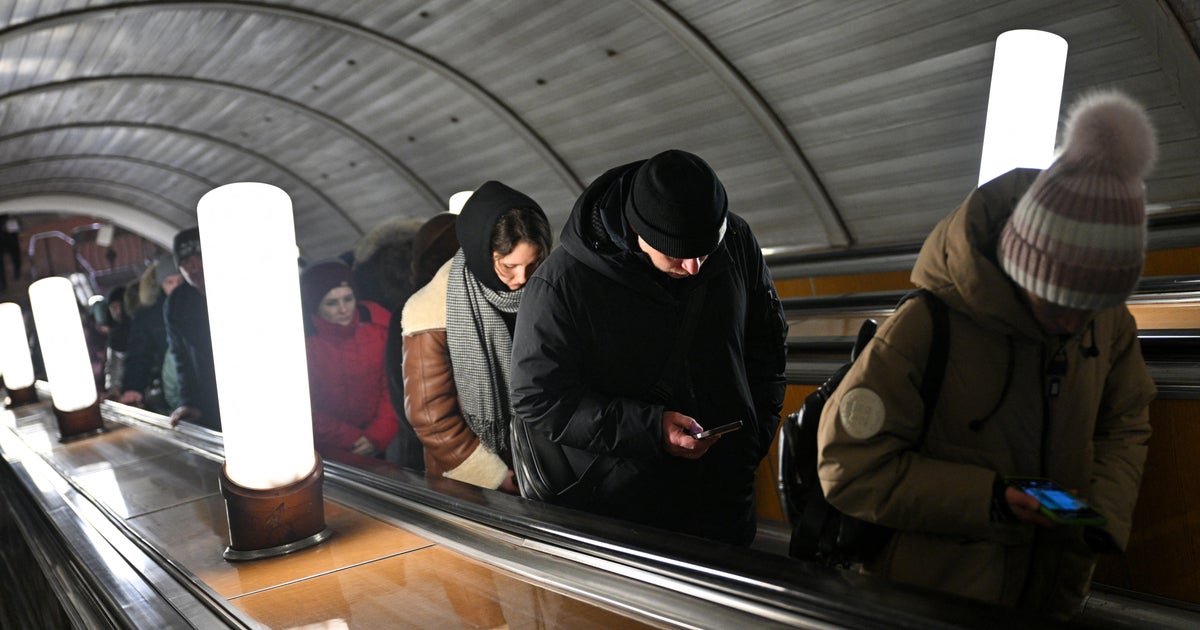G20 summit concludes with vow to provide COVID-19 vaccines for all
Leaders of the world's most powerful nations wrapped up the Group of 20 summit on Sunday, vowing to spare no effort to protect lives and ensure affordable access to COVID-19 vaccines for all people.
The two-day summit of heads of state was held virtually due to the coronavirus pandemic, which has killed at least 1.38 million people globally, with the world's highest death tolls recorded in seven of the G20 countries. The virus has wiped out hundreds of millions of jobs globally and plunged millions into extreme poverty.
The virus "revealed vulnerabilities in our preparedness and response and underscored our common challenges," the G-20 said in a final statement that focused heavily on battling the coronavirus, enhancing environmental protections and supporting the global economy.
The group vowed "to spare no effort to protect lives."
The G20 — which includes the U.S., India, China, the U.K., France, Germany, Japan and others — also stressed the importance of global access to COVID-19 vaccines, drugs and tests.
"We will spare no effort to ensure their affordable and equitable access for all people, consistent with members' commitments to incentivize innovation," the statement said.
The G20 expressed support for efforts like COVAX, an international initiative to distribute COVID-19 vaccines to countries worldwide. The U.S., however, has declined to join under President Trump.
German Chancellor Angela Merkel told reporters Sunday in Berlin after the virtual summit that Germany had given financial support to the COVAX initiative, but that more money was needed.
The G20 statement did not directly address an urgent appeal by U.N. Secretary-General António Guterres, who said $28 billion in additional investment is needed for mass manufacturing, procurement and delivery of new COVID-19 vaccines around the world, including $4 billion immediately.
There is also concern that countries such as Britain, the U.S., France and Germany have directly negotiated deals with pharmaceutical companies, meaning that the vast majority of the world's vaccine supply next year is already reserved.
"Fortunately, there's now hope for vaccines," Merkel said, adding that "it is important that not only Europe secures vaccines, as the European Union is doing now, but ... that it is important for the entire world" to have access to vaccines.
She said it is important that COVAX starts negotiating with the producers of potential vaccines based on the money it already has, but that she was somewhat worried those negotiations had not happened yet.




